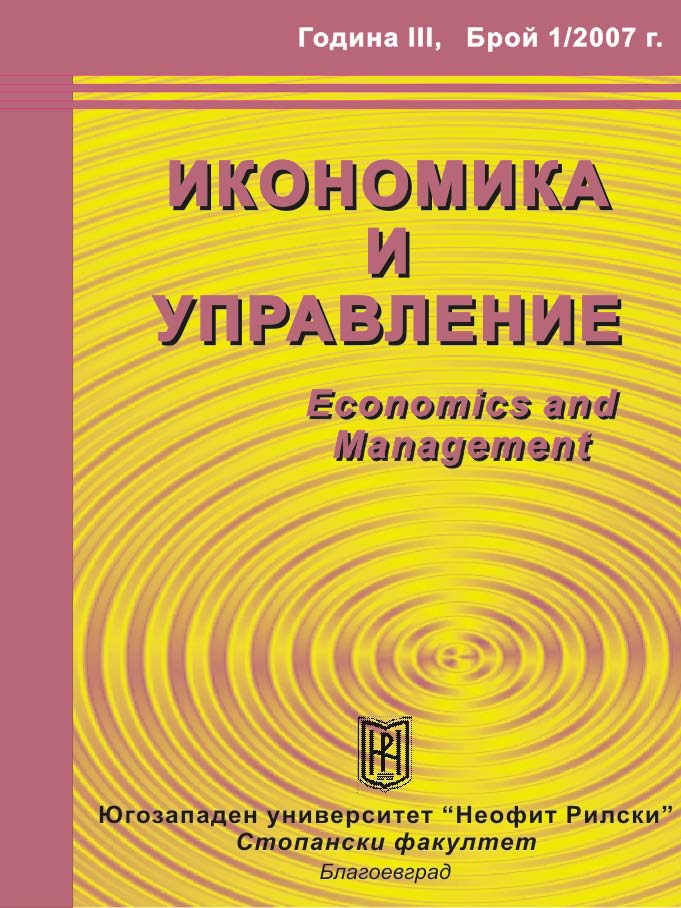THE PROMOTION OF GENERAL EDUCATION AND UNIVERSITY EDUCATION AND THE CONSEQUENCES FOR POLAND'S MIGRATION PROBLEM
THE PROMOTION OF GENERAL EDUCATION AND UNIVERSITY EDUCATION AND THE CONSEQUENCES FOR POLAND'S MIGRATION PROBLEM
Author(s): Björn Paape, Iwona KieretaSubject(s): Education, Marketing / Advertising
Published by: ЮГОЗАПАДЕН УНИВЕРСИТЕТ »НЕОФИТ РИЛСКИ«
Keywords: general education; university education; new educational reform; human capital; migration problem
Summary/Abstract: The promotion of general education and university education – as part of the new educational reform – is a result primarily of the low formal education levels for the adult population, which were ascertained at the end of the 1990s.Fundamentally, the necessity to improve the level ofeducation of Polish citizens is beyond question. However, this "catching up development" over sucha short time period causes several problems:In this context, the key question has to be whether the Polish economy is capable of efficiently absorbing the current and - more tothe point - the expected future university graduate figures, i.e., can it give these people jobs according to their qualifications? There is also the question of whether the aspirations and career wishes – which are now significantly increased – can be fulfilled. The experiences of the last decade have shown that the actual life prospects and individual opportunities for development were decisive for the migratory behaviour of highly qualified people. In order to answer these questions, a comparison will be made betweenthe currently observed structure of the demand for manpower and the supply of university graduates.In summary, it can be concluded that a "boisterous"development in the university sector (without taking into account the existing demand barriers) led to a substantial "supersaturating" of the labour market. Consequently, at the present, a university degree is – unlike in the 1990s – neither a guarantee of a good salary, even less so of a career, nor of even finding a job at all!Increasing unemployment figures among people with a university education and within the framework of university graduates is officially regarded as a new and increasingly disturbing phenomenon of the last few years. For Polish society, this means a substantial waste of human capital. What is more, it cannot be ignored that the loss of human capital can take the form of a "brain drain". In this context, attention should be drawn to a continuously growing demand for highly qualified persons on the part of the "old " EU states. This frequently leads to organised recruiting campaigns in professions where there are shortages – as currently observable in the health sector. As evidenced by previous reports, the existence of demand does not by itself spark off migration. However,the current danger of a "brain drain" must be taken seriously.The authors hope that some ideas are also relevant for certain developments in Bulgaria.
Journal: Икономика и управление
- Issue Year: 3/2007
- Issue No: 1
- Page Range: 24-33
- Page Count: 10
- Language: English

